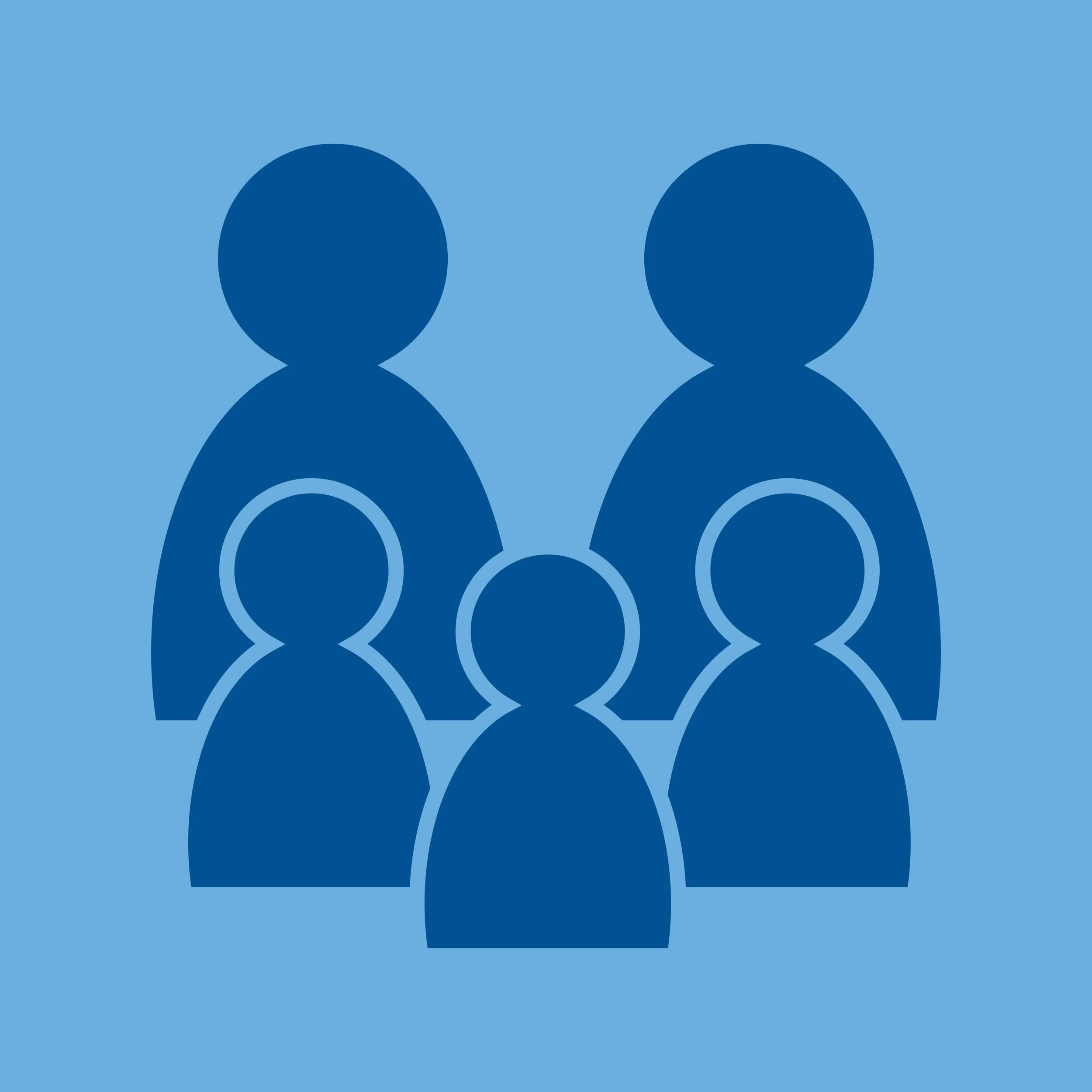
Home-Based Child Care in NYC in the Early Childhood Poverty Tracker
This report draws on data from the Early Childhood Poverty Tracker to spotlight home-based child care, a shrinking sector facing financial difficulties, and considers the implications for families who rely on this for more affordable and flexible care.

Spotlight on: Child Care-Related Work Disruption in the Early Childhood Poverty Tracker
This report draws on the Early Childhood Poverty Tracker data and provides insights on how the lack of reliable, affordable child care presents economic setbacks for working mothers of young children.

New York City’s 3-K for All Supports Mothers’ Labor Force Participation
Using data from the Early Childhood Poverty Tracker, this report focuses on the role of New York City’s 3-K in supporting mothers’ labor force participation and employment.

Spotlight on Early Childhood Education: Participation in Pre-K before and during the COVID-19 pandemic
This report uses Early Childhood Poverty Tracker data to better understand how families changed their engagement with city’s pre-kindergarten (pre-K) programs in response to the pandemic. Pre-K enrollment was lower on average after the onset of the pandemic, but the drop in enrollment was relatively smaller for families with lower incomes, Black and Latino families, and immigrant families than for their counterparts. However, these children also showed disproportionately higher rates of remote learning than their peers – which research suggests may lead to poorer outcomes for children.

Spotlight on Early Childhood Education: Participation in New York City’s 3-K for All program
This report uses Early Childhood Poverty Tracker data to examine participation in New York City’s 3-K for All program, which aims to expand the universal pre-K program to the city’s three-year-old children. The report finds that only a fraction of eligible families enrolled in a 3-K program despite their high interest in the program, and the gap between program application and enrollment was larger among Black, Latino, and lower-income families than their counterparts. Those who did enroll in 3-K had much lower childcare costs than those who did not, saving an average of $450 a month.


Spotlight on Child Tax Credit: Transforming the Lives of Families
We interviewed 18 families receiving an expanded Child Tax Credit in New York City over six months to understand how they incorporated the new monthly payments into their household budgets. Parents viewed the expanded Child Tax Credit as an opportunity to enhance their children’s lives, prevent hardship, stabilize their budgets, and save for the future.

Spotlight on Mental Health: Disparities in psychological distress among parents of young children in New York City
This new brief examines the mental health of New York City parents using Early Childhood Poverty Tracker survey data collected before the pandemic began. The report shows that nearly 50% of New York City parents living in poverty experienced psychological distress compared to just 1 in 5 higher-income parents.

Child Care, Affordability, Accessibility, and the Costs of Disruption
The Early Childhood Poverty Tracker data provide a window into how families–especially low-income parents–managed their child care needs before the onset of the pandemic.

The Youngest New Yorkers: The Early Childhood Poverty Tracker
The Early Childhood Poverty Tracker is a longitudinal study launched by Robin Hood and Columbia University to shed light on the challenges and resources that shape the development of children during the critical early years.

Vulnerabilities and service needs of single-parent households in New York City
One third of children in New York City live in a single-parent household with much higher rates of poverty and material hardships.

Accessing Help: A portrait of service use among New York City families with children
The Poverty Tracker reveals the challenges facing households with children and the extent to which services and resources meet those needs.
